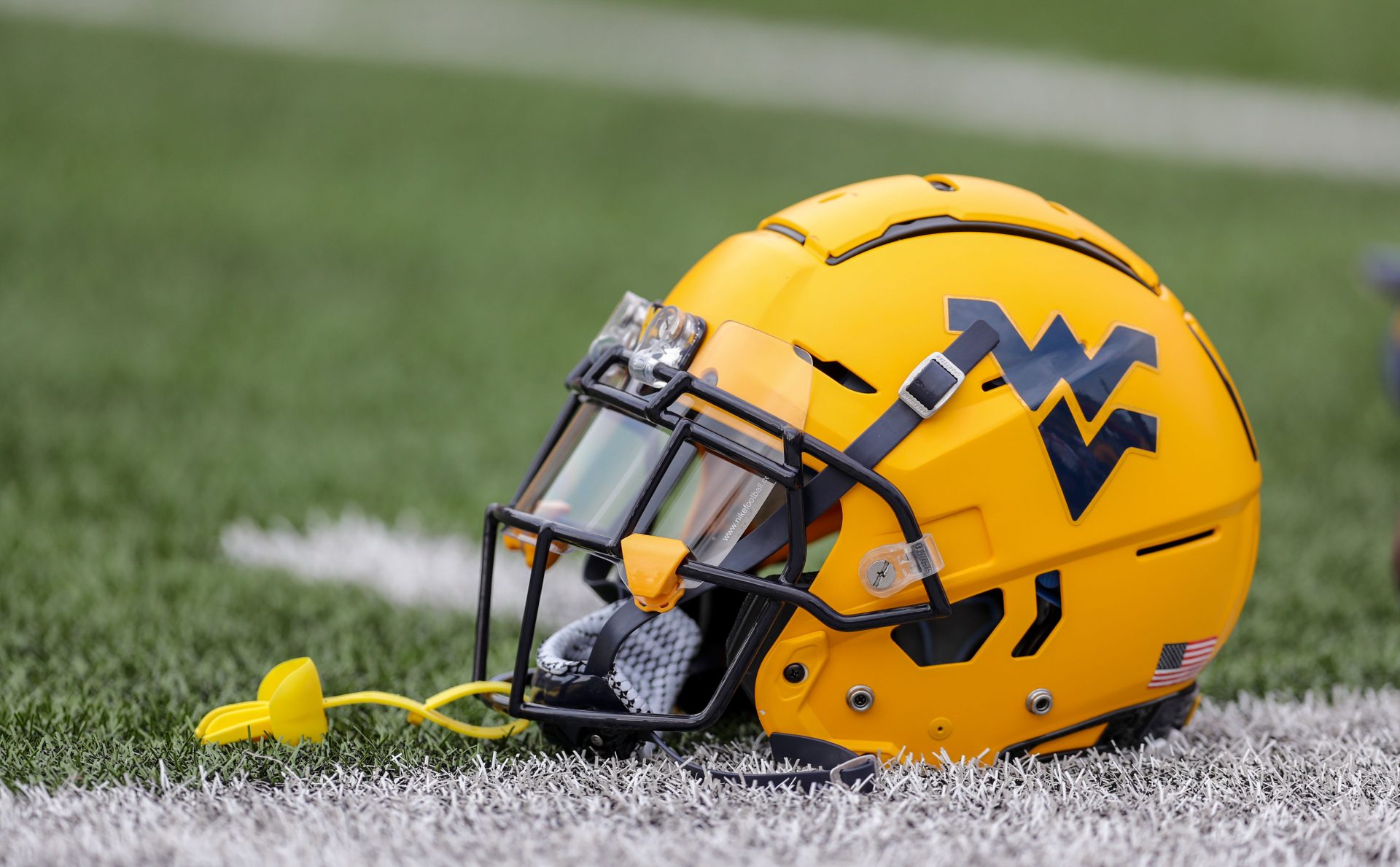In college football history, jersey numbers can represent legacy and tradition. Most players wear jersey numbers between 1 and 99, with each digit carrying its own positional meaning, but not always. Most often, a number stands out, capturing the imagination of historians and fans.
Only a handful of times in NCAA history has a triple-digit jersey appeared. Here is a closer look at the rare instances when college football players put on the number 100, the reasons behind these choices, and the NCAA’s position on such unconventional numbers.

Which College Football Players Have Worn No. 100?
K/P Chuck Kinder, West Virginia (1963)
One of the most famous and earliest instances of a college football player donning the number 100 jersey happened in 1963, when West Virginia’s Chuck Kinder wore the triple-digit jersey. Kinder, a punter and kicker for the Mountaineers, wore the number as part of the state’s centennial celebration.
West Virginia was celebrating its centennial anniversary, and the entire football team wore “100” on their helmets to mark the occasion. However, only Kinder was given special permission by the NCAA to wear the number on his jersey, making him a unique figure in the sport’s history.
As a punter and kicker, positions often overlooked in the glamor of college football, Kinder’s jersey became a symbol of both his role and the state’s pride. This story reminds us that, on occasion, the most memorable moments in sports come from the unexpected.
K Bill Bell, Kansas (1969)
After six years, in 1969, another player took the field wearing the number 100, this time for a different centennial. Bill Bell, a kicker for the Kansas Jayhawks, wore the jersey number 100 to commemorate 100 years since the first organized college football game.
The 1969 season marked a significant milestone for the sport, with many teams wearing the centennial logo on their helmets. However, Bell was one of the few players to take it a step further by wearing the number 100 on his jersey, again with special exemption from the NCAA.
Why Is Number 100 So Rare in College Football?
The number 100 is rare in college football due to several factors, most important among them being the NCAA’s strict rules on uniform numbers. According to the NCAA rule, players are required to wear jersey numbers between 1 and 99, with ranges assigned to certain positions.
2025 NFL Draft 2025 Viewing Guide: Dates, Location, and Draft Order
For example, QBs and kickers typically wear numbers 1-19, while linemen wear 50-79. These rules are set to ensure easier recognition of officials, coaches, and fans to identify players and their roles on the field.
Numbers like 100 fall outside this standard range and are not permitted without special permission from the NCAA. The NCAA granted exceptions in the cases of the aforementioned players due to their unique circumstances.
College Sports Network has you covered with the latest news, analysis, insights, and trending stories in football, men’s basketball, women’s basketball, and baseball!

